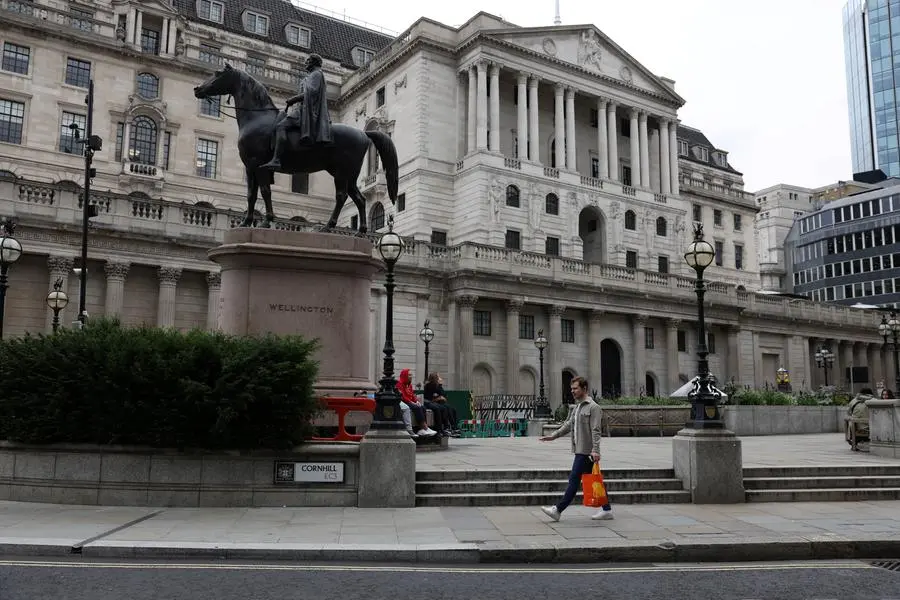PHOTO
Opacity and complexity in the $8 trillion global private equity sector make it difficult to assess valuations and assemble an overall picture of risks to financial stability, Bank of England executive director Nathanael Benjamin said on Monday.
Private equity consists of funds which use pools of capital, largely from institutional investors, to invest in non-publicly-traded companies.
Globally, assets under management in the private equity sector have increased to around $8 trillion in 2023 from about $2 trillion in 2013, Benjamin said.
The sector provides about 250 billion pounds ($309 billion) in funding to British businesses, especially in software communications, IT, and media sectors.
"Shining a light on the current dynamics in the private equity market is crucial at this juncture, given the important role the sector plays for the real economy," Benjamin told a Bloomberg event.
"That is because recent developments in that market have the potential to disrupt the supply of funding to real economy companies in a stress. And to cause systemic institutions – such as banks – to experience significant and correlated losses on their exposures linked to private equity."
The BoE said last month it was taking a deeper look at risks in the private equity sector, and Benjamin's speech set out in more detail how the bank views the macro picture, with a separate speech due on Tuesday delving into microprudential or supervisory issues, key stages before considering any new rules. ($1 = 0.8093 pounds) (Reporting by Huw Jones; Editing by Toby Chopra and Emelia Sithole-Matarise)





















